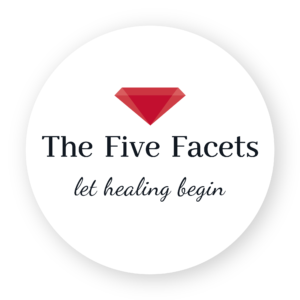Where have I been? Procrastinating, I guess.
But I’ve also been busy in my head.
I’ve been perpetually hiding from or trying to figure out how to overcome my burgeoning weight gain.
Had I seized the opportunity to write two months ago, I’d have had plenty of fresh material to discuss.
Heather Armstrong of the highly acclaimed dooce.com and her husband, Jon, announced a trial separation, creating a flourish of gossip and speculation on all social media platforms. Bloggers who wrote in a timely manner saw enormous traffic growth to their sites.
Online news source HuffPost not only dedicates one of its twelve Life & Style topics to Divorce, it offers four sub-categories: Divorce, Divorce Laws, Stats, and Advice.
The headline slogan “Marriages come and go, but divorce is forever” seems to depict the way our current culture values a vow.
That facial reaction is often the first response when someone hears that my husband and my best friend had an affair.
Then a gulp.
And then some variation of, “I could never do that.”
On any given day, in any given minute, the unimaginable can happen. Life as you knew it—as you had envisioned it—changes.
You scream. You wail. You plead and beg and cry and wonder and worry and fret and, sometimes, you throw things. And sometimes you simply throw up.
I performed all of those actions after my husband’s first affair. I—we—blamed his adultery on the marital strife we had been experiencing.
“It takes two to make a marriage work,” my therapist once said, “but only one to screw it up.”
One person might have screwed up, but the other person has to be able to put it into perspective and move forward. If the offended party holds a grudge or continues to be angry or hurt, then a conflict still exists.
This part is a bit trickier, and often, much less obvious. My husband’s second escape was a sexual fling with a woman who had lost custody of two of her children, was living with another man, existing on welfare, and as it turns out, had a pocket full of woes.
“Did you know he was married and had children?” I asked, the day I confronted the other woman.
In that moment, I understood—not just in my head, but in my gut—that affairs are more about some insecurity with the person(s) committing the adultery than about the relationship with the other persons involved.
Even though I knew this, there remained a niggling, a spark of recognition that I did, in some way, have a bearing on this situation. We all do.
Though these behaviors may supplement another’s insecurities, they by no means are the causeof any of them, and are in no way to blame for an affair. The cause begins and ends with the choice a person makes. Deciphering between those two is sometimes difficult, at best.
Which leads me to yet other invaluable tools.
Beware of Ever After words.
Statements like those can be hurled fast and furious during conflict, and infer that the person you are speaking to never ever, not once was thoughtful, helpful or kind, and implies they likely never will be.
Make your language less accusatory.
Make your language reflect your thoughts and emotions, versus putting thoughts and words into another’s mouth and mind.
These simple traits will have a profound effect in helping to curb tension and dispel animosity that might have surfaced during conflict and hurt. In turn, you will be able to address the root of the problems more easily.
I had to delve deep into HuffPost’s site to find non-divorce, relationship information. Click on Healthy Living, then Mindful Living, then Relationships.
Though divorce might garner prime visibility, I believe there are many who want to work it out, but simply don’t know how.
In addition to changing how we think and talk, there are other life situations—children, work, taxes, home, iillness, mid-life crisis, that we must also navigate while we are enduring times of relationship stress.
In my next post, I will discuss some of the strategies and coping mechanisms we used while overcoming one of marriage’s most trying times.
Soon…



One Comment on “On Marital Discord, Part II”
Pingback: Dear John; How the Sagas of People Like John Edwards and John Travolta Affect People Like Me | The Five Facets